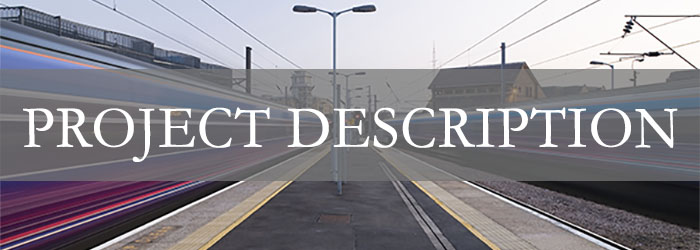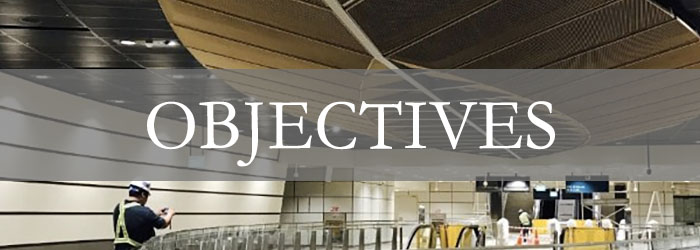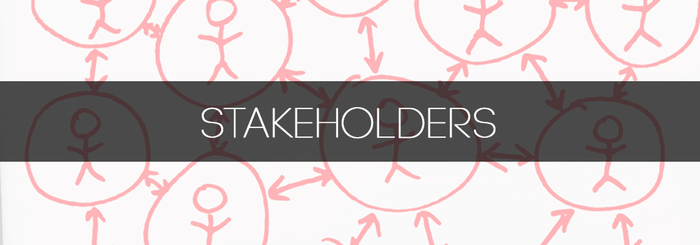Difference between revisions of "ANLY482 AY2017-18T2 Group02 Project Overview"
Zk.ang.2014 (talk | contribs) m (added back to project list button) |
|||
| Line 39: | Line 39: | ||
<font size =3 face=Georgia > | <font size =3 face=Georgia > | ||
[[File:ARUP02.jpg|700px|center]] | [[File:ARUP02.jpg|700px|center]] | ||
| − | <p>The main objective of this project is to help Arup to identify key parameters that tend to result in revisions | + | <p>The main objective of this project is to help Arup to identify key parameters that tend to result in revisions. |
</p> | </p> | ||
Revision as of 14:09, 14 January 2018
| Home | Project Overview | Findings & Insights | Documentation | Reflection | Back to project list |
Arup Singapore Pte Ltd is an engineering consultancy firm. Starting from 2008, Arup was involved in the alignment planning and design of the Downtown Line phase 3. Prior to construction, Arup has put in extensive efforts to design the train stations and tunnelling, accounting for geological and surrounding building data.
Arup's design philosophy involves design across multiple phases. At the end of each phase, Arup will consult with contractors to determine differences in recorded data and readjust their design accordingly. However, many such projects are on a case-by-case basis and learning from each experience is not documented.
With the recent opening of the Downtown line to public, it is timely to review the as-built plans and explain the differences from the prediction stage. This will help Arup close the loop from the planning phase to the end result. Findings from the project will be valuable for Arup when engaging on similar engineering projects in the future, including the upcoming Thomson-East Coast Line.
The main objective of this project is to help Arup to identify key parameters that tend to result in revisions.
Some key questions the project will answer:
- a. How accurately can the differences post-construction be predicted? How useful will such a model be for engineers?
- b. Can machine learning really be a substitute for calculation and engineering knowledge? If not, can it at least serve as an assistant or error-catcher?
Supervisor: Prof. Kam Tin Seong
Sponsor: Arup Singapore Pte. Ltd - Chris Deakin: Rail Leader, Digital Engineering Leader
Students: Friedemann & Josh


